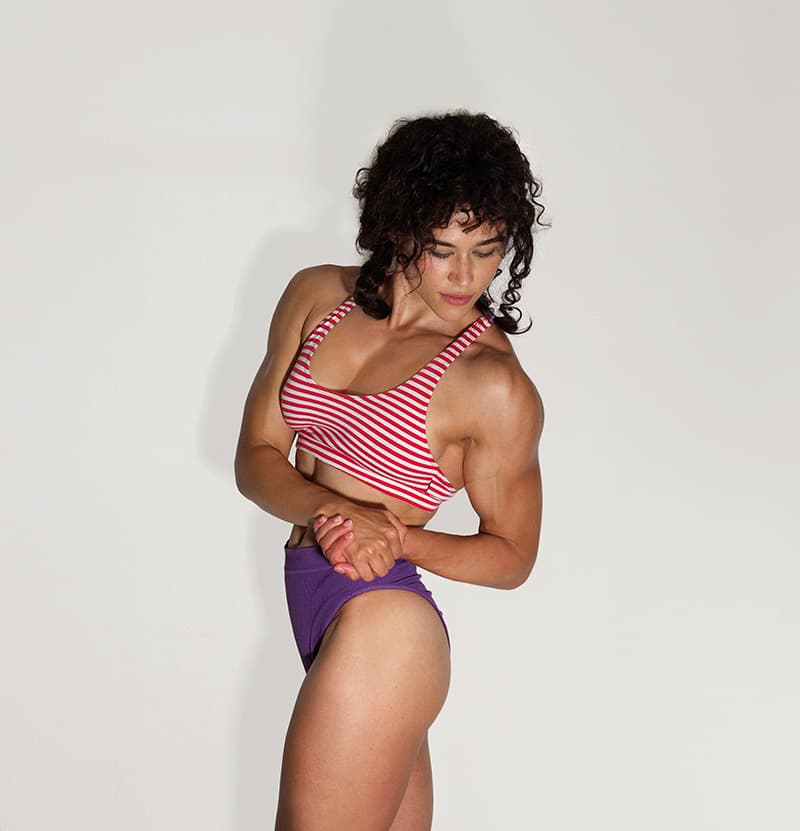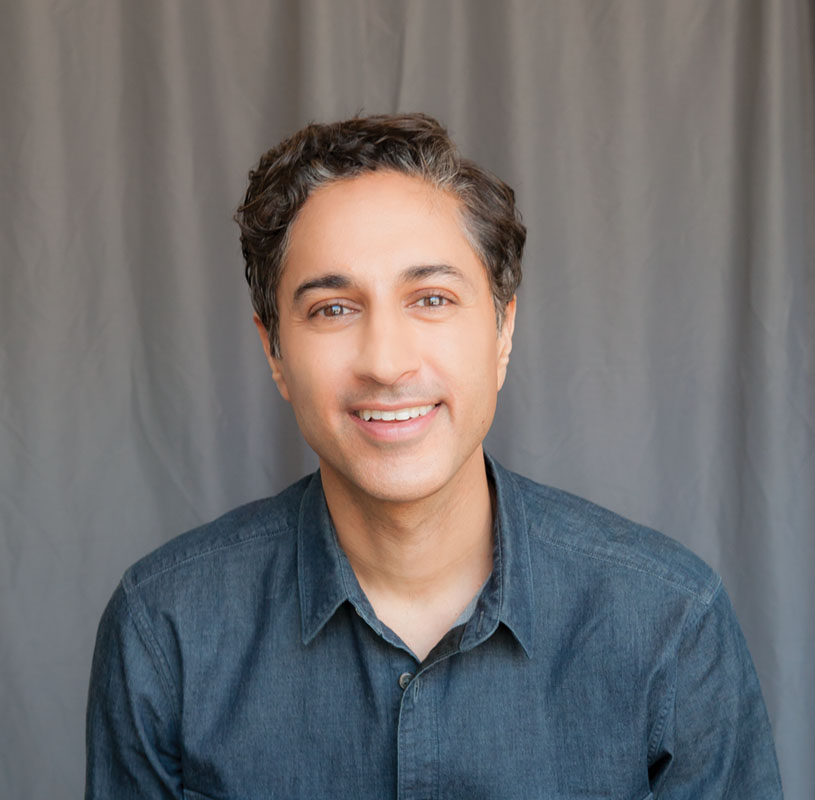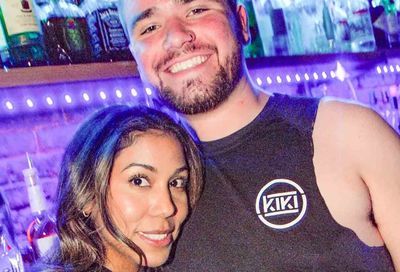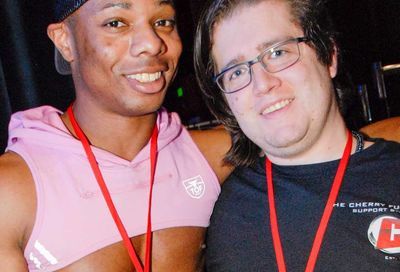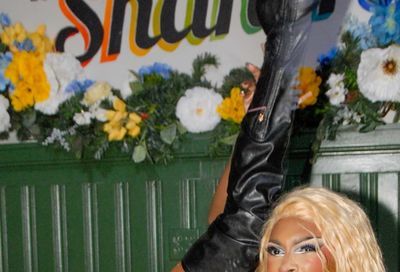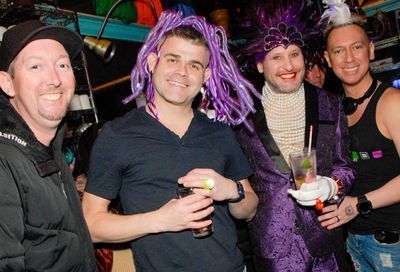LGBT buyers still fear discrimination in real estate
Survey shows LGBT consumers support home ownership, but concerned about housing discrimination

“We live in a very polarized society politically, and you never know someone until you interact with them,” says Jeff Berger. “There’s a fear of being treated poorly, of not being accepted.”
Berger, founder of the National Association of Gay and Lesbian Real Estate Professionals (NAGLREP), is referencing statistics from a recent survey. It determined that nearly three-quarters of LGBT consumers are concerned about being discriminated against when purchasing new real estate.
Commissioned by NAGLREP and Better Homes and Gardens Real Estate, the LGBT Home Buyer and Seller Survey is the first of its kind to poll more than 1,700 LGBT homeowners and renters on their attitudes towards home ownership. “The dream to buy a home is there,” says Sherry Chris, CEO of Better Homes and Gardens Real Estate LLC. “It’s our job to reach out to these young professionals and help them become more knowledgeable about home ownership.”
The recent Supreme Court decision legalizing marriage may have provided some buyers with a shot of confidence. After all, 81 percent of survey respondents said that the court supporting same-sex marriage would make them feel more fiscally protected. But most of those questioned also expressed concern over some aspect of housing discrimination.
It’s this seeming contradiction that can have a significant impact. Chris says even the possibility of discrimination can have a “psychological effect” on people’s decisions to rent or buy property. And considering the potential buying power of the LGBT community — estimated at $840 billion — that’s a significant flow of cash that could be turned off or tapered with a negative buying experience.
“We definitely need legal protections in housing for sexual orientation and gender identity,” says Morgan Barker, from Housing Opportunities Made Equal (HOME) of Virginia.
HOME found that a same-sex couple seeking a rental apartment in the Richmond area was 31 percent more likely to experience some form of discrimination than an opposite-sex couple. Moreover, other studies by the U.S. Department of Housing and Urban Development, the Fair Housing Center of Detroit, the National Transgender Discrimination Survey, and the Equal Rights Center have found similarly disproportionate levels of discrimination against either same-sex couples or LGBT individuals.
“This is a national, pertinent problem,” says Barker.
Laura Durso, director of the LGBT Research and Communications Project at the Center for American Progress, believes part of the remedy requires educating the larger public about it.
“If you look at public opinion polling, there is some evidence that most Americans believe that LGBT people are covered under federal nondiscrimination laws, and we know that’s not the case,” she says, adding that there need to be more studies, as governments often require substantial amounts of statistics before they can be compelled to act.
That inertia is something familiar to Virginia Del. Alfonso Lopez (D-Arlington). Lopez has previously tried to add protections for sexual orientation and gender identity to the Virginia Fair Housing Act. However, any bills seeking to combat housing discrimination have been killed by the Republican-led legislature.
“The fact that both the federal Fair Housing Act and the Virginia Fair Housing Act do not provide protections for LGBT Virginians on the basis of sexual orientation and gender identity is just wrong,” Lopez says.
“Equal rights, civil rights, LGBT rights, they’re all the same. And these are basics,” he continues. “And if we have the statistics to prove that there is discrimination, then it’s something I will be talking about in my platform. We’ve already mentioned it to Democratic candidates in the House running against incumbents or for open seats as something they should bring up in the campaign.”
Durso says that nondiscrimination advocates should take a page from the marriage equality movement’s book when it comes to humanizing the issue.
“I think what the benefit of the very long discussion that we’ve been having on marriage equality is that people have come to learn who LGBT Americans are,” she says. “I think something we’ve learned very strongly from the marriage equality movement is that people telling their stories makes a huge difference. And that’s not only LGBT Americans telling their stories, but friends, and families, and bosses telling the story of how it’s important that LGBT Americans be included and protected in the public square, in every facet of their lives.”
But Chris, of Better Homes and Gardens Real Estate, also points out that societal attitudes are becoming more tolerant. People are becoming more comfortable with same-sex couples and LGBT families once they move away from segregated LGBT neighborhoods and interact regularly with the wider population.
Berger, of NAGLREP, has seen similar anecdotal evidence to that effect. Particularly after the Supreme Court decision, he expects the percentage of LGBT people concerned about discrimination to wane as obstacles to equality become fewer.
Berger also notes that while 7 in 10 survey respondents said living in a progressive community was an important consideration in buying a home, the term “progressive” does not necessarily refer to a leftward political slant.
“Clients don’t necessarily want to live where everyone is the same, but a place that’s progressive in terms of being an accepting community,” he says. “It’s more about a general feeling of comfort.”
Support Metro Weekly’s Journalism
These are challenging times for news organizations. And yet it’s crucial we stay active and provide vital resources and information to both our local readers and the world. So won’t you please take a moment and consider supporting Metro Weekly with a membership? For as little as $5 a month, you can help ensure Metro Weekly magazine and MetroWeekly.com remain free, viable resources as we provide the best, most diverse, culturally-resonant LGBTQ coverage in both the D.C. region and around the world. Memberships come with exclusive perks and discounts, your own personal digital delivery of each week’s magazine (and an archive), access to our Member's Lounge when it launches this fall, and exclusive members-only items like Metro Weekly Membership Mugs and Tote Bags! Check out all our membership levels here and please join us today!





